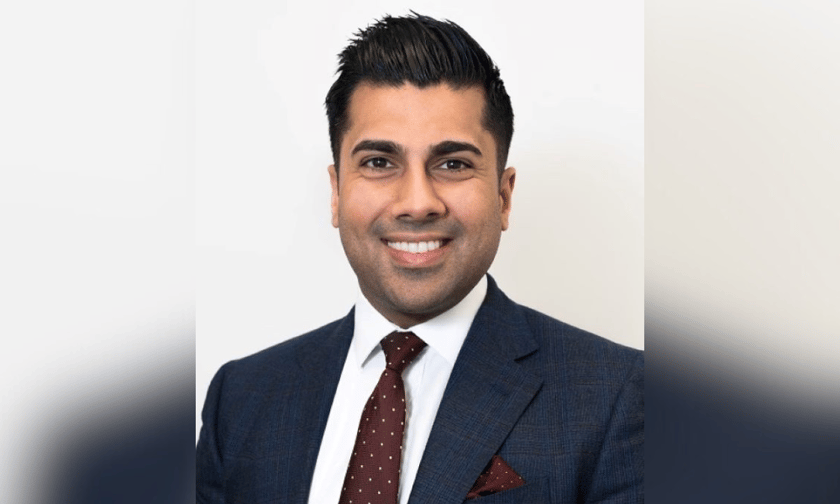

It has been a whirlwind few months for Servca, the fast-growing independent, wholesale Lloyd’s broker which recently announced its expansion into the Northern Irish insurance market. Discussing the move in an interview with Insurance Business, CEO Noah Jamal (pictured) highlighted how the broker’s identification of the region as a key trading hub for both the UK and Europe aligns with its commitment to sustainable, long-term growth.
“Our growth strategy is driven by us asking what our end client wants to see from us, what are they looking for? Our position isn’t to be the next Howden, Aon or WTW but rather to be a real boutique broker that’s a specialist and an expert in what we do,” he said. “You don’t need to work with 2,000 clients to be successful as a corporate broker but what you do need to do is work with clients who are loyal to you because you’re loyal to them.
“And being a genuinely independently owned broker means we can make our decisions quickly, and we’ve found that, naturally, the smaller family-owned brokers, and other independent brokers in Europe and globally, gravitate towards that. Because more often than not, they feel threatened by the larger consolidators who might have a wholesale arm but, somewhere down the chain, also have a retail arm.”
There is a sense among some smaller brokers that going into partnership with these firms and sharing their hard-earned data and insights essentially means they’re “cannibalising” some of their business. However, Jamal focuses on creating value in the partnership and addressing challenges.
“Our value lies in understanding what our global clients are looking for, what underlying growth looks like for them, and what they want their growth story to look like,” Jamal said. “When we talk to prospective clients, we say ‘put aside today, tomorrow, next month and next year. Tell us more about where you want to be in five years, in 10 years – and tell us where we can complement you on that journey’. And in the cases where there’s a compelling connection, that’s when we know we’re on the right track.”
Whether he’s speaking with clients or prospective clients in the UK, the rest of Europe, or North America, the throughline of Jamal’s conversations is the hunger for “real entrepreneurialism” to return to the insurance broking market. However, that doesn’t mean using tech for tech’s sake.
He highlighted that when he speaks to other founders and CEOs who have sold their businesses to consolidators, he sees that so many of them fell into the misconception that they needed to embrace technology to achieve a higher multiple ahead of their market exit.
“My counterargument to them is that, yes, technology is a great fit and I recognise the role it plays in today’s society, but whenever we look at a valuation of a business or a multiple, the first question I will always ask is whether that’s removing you from your core business,” he said. “Because ultimately, it’s the core business that drives the valuation… It’s the core that I feel many people have let go of, but the core is the ‘mothership’ – all of the periphery add-ons can be bolted on or bolted off.
“When the core becomes diluted in terms of what people are doing and what’s expected of them, that’s when I feel there’s a misguidance within the market. And that can resonate down to the very clients and partners you work with because they recognise the difference in talking to an automated system as opposed to somebody with whom they have built a strong relationship. People will always buy from people – as cliché as it sounds, it’s very true, especially in our industry.”
It’s a careful balancing act – to grow at pace, without an overreliance on technology, while keeping an emphasis on the role people and culture have to play in creating an atmosphere where entrepreneurialism can thrive. The trick, from Jamal’s perspective, is harnessing empowerment. It’s easy for a business to talk about empowerment and then execute that across the upper echelons but for Servca it’s galvanising everyone at every level and function of the business.
“We recognise from looking around the market and at our competitors, how difficult it is to instil a great culture once you’ve already reached a certain size,” he said. “And we recognise that the most dangerous sentiment when you’re growing and scaling a business is that, ‘well, we’ve always done it this way.’ Our office is made up of young, driven individuals who are entrepreneurial by nature but brought together by a sense that they’re rowing in the same direction, aligned by the shared belief that we can be the number one in our field while maintaining our status as a boutique operator.”
